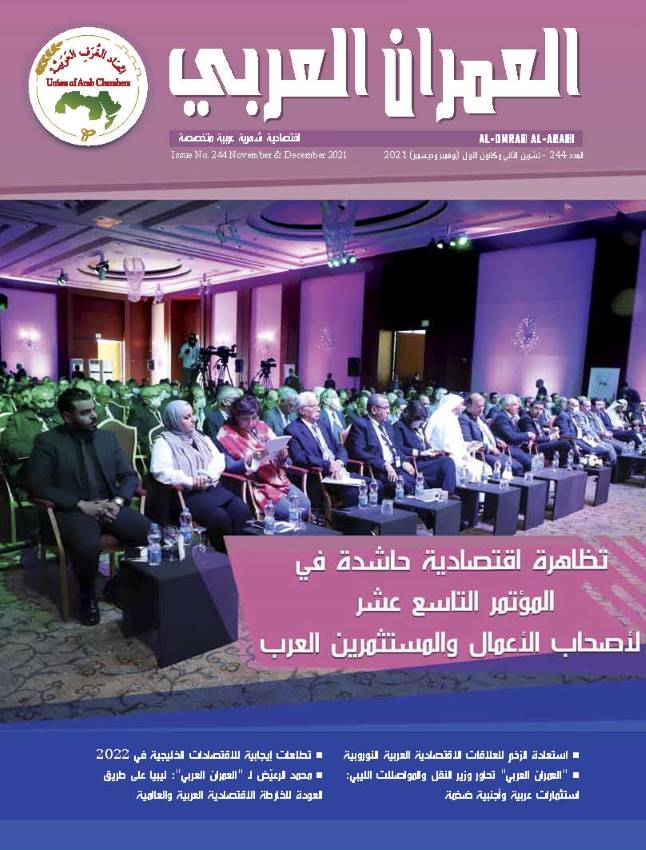
Digital Transformation.. What has the Arab World achieved in this field?
The year 2021 passed like its predecessor in 2020, as the Corona pandemic continues to impose its dominance on the economies of the entire world, and it seems that the beginning of 2022 will be under the influence of the “Omicron” mutator, due to which the world’s economies are experiencing economic turmoil ranging in degrees from one country to another.
There is no doubt that the Corona pandemic has changed the face of the global economy, in terms of reliance on technology and the Internet, with an increase in the shift to digital services. It is expected that companies and countries will focus on developing technology and heading towards new sectors, which may be the engine of economic growth in the next stage. Including all kinds of trade, and everything related to the health sector, distance learning, scientific conferences, media, exhibitions...etc.
According to consultancy Accenture estimates, the digital economy currently accounts for about a quarter of the EU's GDP (22 percent), while the information and communications sector contributes 8 percent to the European economy. On the other hand, there are risks facing the digital world, such as network security and piracy, which have recently increased, and in this context, the largest social network (Facebook) witnessed piracy that cost at least 10 billion dollars in less than 24 hours, as a clear and explicit example. On the risks of piracy to the digital economy.
The world is witnessing a sustainable trend of transition to the digital economy, and this requires preparing the necessary infrastructure, to provide better and faster performance in the business world, so we will see an evolution in the data science sectors, in addition to more investments, and this will create challenges from hacking, cybersecurity threats and Privacy breach issues that can compromise and block our data and systems. In light of the damages and costs resulting from frequent internet outages, as well as work disruptions, there is a need to mitigate existing violations and remedy the damages, which calls for the enactment of new laws that develop at the same pace as technological development.
So, the features of the global economy show that the work will be done in its entirety through electronic platforms, as everyone discovered its importance in terms of saving cost and time. Note that Internet service in developed countries is no longer a luxury, as it is available in all homes, while it is still a luxury in developing countries, and its cost is still very high, and obtaining it requires time and mediation. Also, technological barriers evade customers and users.
In principle, no one can stop technology, because it will swallow up everyone who resists it, and with its development it automatically addresses its risks and offers solutions and prospects for development. For example, cryptocurrencies that are rejected or reserved by most central banks in the world presented the idea of CBDC digital currencies other than cryptocurrencies, but they are digital which adds to the economic system transparency and efficiency in the application of fiscal and monetary policies.
Amid this boom in the world of financial technology (Fintich) UbS Bank estimates that this technology will add about a trillion dollars to the global economy over the next decade, and that total sales of financial technology companies will increase from $ 250 billion to 750 billion in 2030. As for the world of decentralized cryptocurrency DeFi, it creates an investment environment through modern digital industries that are getting deeper every day such as NTF ART digital artworks which are more comprehensive and add more than the real world art with elitist tendency and more conservative of artist rights. Also, the emergence of digital fashion trading that is traded through cryptocurrencies may not be an exception to the financial technology frenzy. In general, these digital industries have become assets that can be linked to traditional brokerage houses by issuing digital currencies with encrypted technology, and they will often be fixed in price (stabilecoin).
In short, in our Arab region, we must open the horizons for this technology, which everyone reduces to (Bitcoin), which will not be a currency; But this does not cancel out the interest in encrypted technology, especially in light of the great interest in financial technology.
